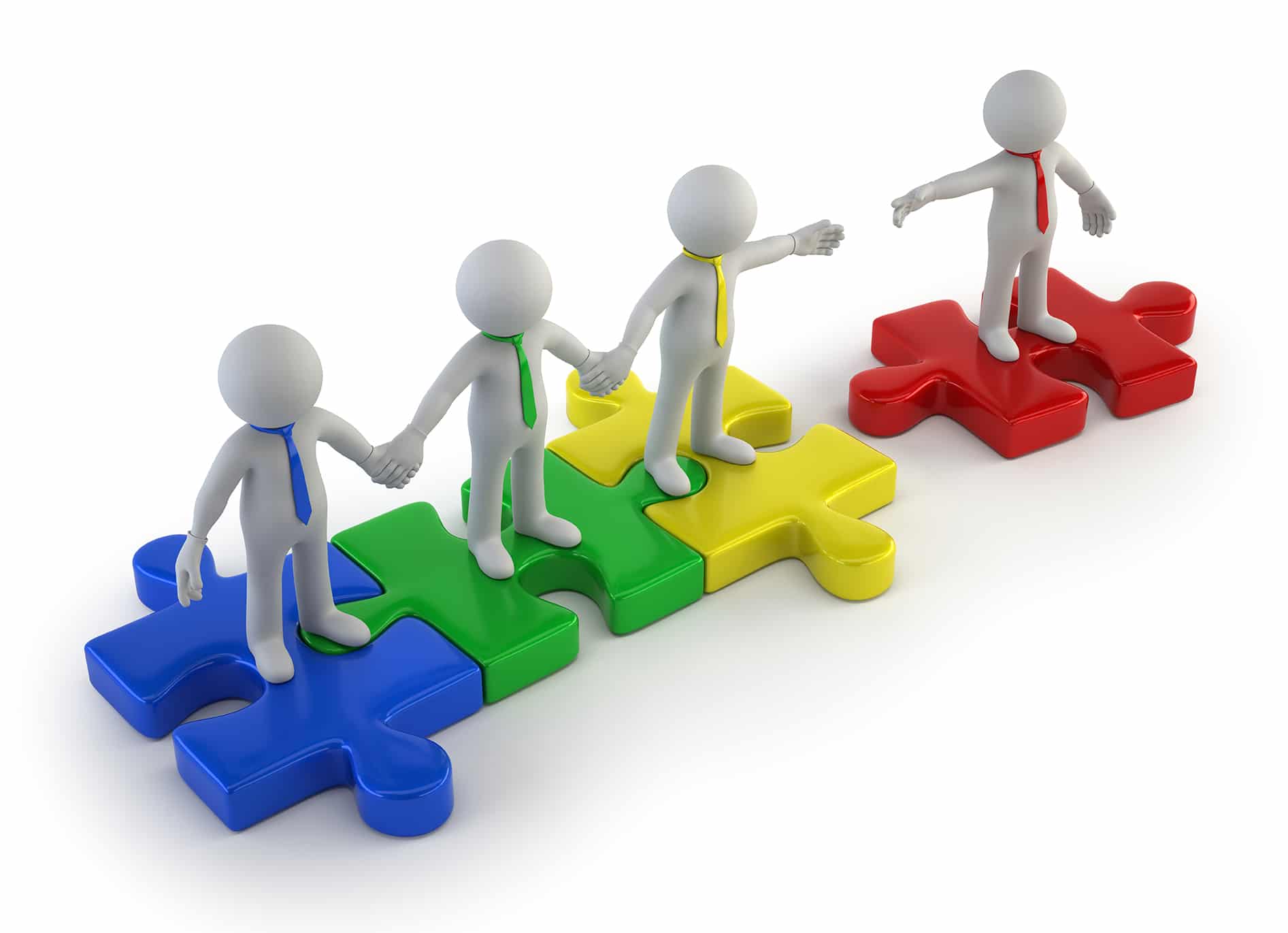Who is lying at your door? Who is sitting at your table? … time is the most valuable gift we can give
Twenty-sixth Sunday in Ordinary Time – September 28, 2025
They say Amos (our First Reading) is a prophet of God’s judgement and, just as parents must do from time to time: the judgements do not come from a place of hate (non-love), but precisely because of love. When one person, or group, cause others to suffer, God’s anger is a sign of God’s love (concern) for those who are oppressed.
A clear case in point is the situation of Gaza: many people are rightfully angry at the suffering of many innocent people, especially the women and children. Sadly, the same level of outrage is not evident for the reality in Nigeria (32 Christians killed, on average, every day!); or Congo, where many have died, and there is silence on the world stage; etc.
Perhaps there are some who hate the Israelis for continuing the war. But the majority do not hate them, we simply want the loss of innocent life to end. Even within Israel, there are calls for moderation. The too few words of “judgement” against Hamas is also sad: it encourages Hamas to continue: they are victorious in having Israel condemned.
The strong language in the First reading and Gospel call to each one of us. We might think that the word rich absolves many of us! It does not. Let us start with the Religious: most religious never lack food, never lack a place to sleep, and rarely lack medical care when required. Can a Religious say they are poor? No, that would be a lie. Yet many think the Religious are poor.
“Rich” is usually a relative term, not an absolute term. One Oblate youth, with few resources, shared to me: this morning I woke up and lamented the fact I was so poor; but, after helping distribute food to families in Mathare slums, I realised I was rich.
Our Oblate youth often put me to shame in their generosity to others. Can any of us, with all the basics, refuse to share something? Pope John Paul II said: Nobody is so poor he has nothing to give, and nobody is so rich he has nothing to receive.
Poverty, Prosperity, and Planet Report 2024 (World Bank Group)
https://openknowledge.worldbank.org/server/api/core/bitstreams/f75dd18d-4e3f-44f9-b455-7f0d8e189609/content
The reality in our world shows that anyone with a house, food and water, is rich: 50% of the world population have now fallen below the poverty threshold: 40% of Kenyans (2022) live in slum conditions (according to the world data definition): https://ourworldindata.org/poverty
God’s “anger” is not to condemn us but to push us to change our attitudes and become more generous: and it will bring rewards we cannot imagine, even now, in this present life.
There are some challenging and scary symbols used in the Readings. The first and most obvious reward for generosity is safety for all and peace in our communities: as Amos said, if those who lack generosity or honesty do not change, “they shall be the first to go into exile, and their wanton revelry shall be done away with.”
In other words, we will lose everything we think we have, and this may be the meaning of “between us and you a great chasm is established.” Once we lose everything, we cannot go back and start again. When we study history, there are whole civilizations that perished when resources were not shared (eg. in the South Americas).
In addition, this great chasm is a symbol for those who refuse to believe in God/ Jesus Christ. When we lose everything, there is nothing unless we have God in our lives.
Another way of creating the great chasm is by isolating ourselves from those who are suffering. Gated communities, and choosing to live only where other “rich” people live, may take away the visibility of the needy people, but the peaceful and safe future we pray for will still be shattered, unless we somehow create ways of assisting those in need.
During wars, some officers defended their actions by saying: “I was following orders”. In the same way, we should not say “I didn’t see the poor person”. Our generosity does not always have to be through donations of money and material things but, more importantly, by speaking up against policies, or calling for new policies that assist all people to obtain their basic needs.
In recent years, the Church and Popes have raised awareness of the importance of the family. Let us not forget, especially, the generosity we need to show to our children and parents: the most valuable currency for them is our time. Do we walk past each other and not notice the desire for connection and meaning that only “you” can give them? As dad, as mum as a sibling?
Who is lying at your door? This is a very challenging Gospel, however, if we can respond positively, it also has the greatest potential to enrich our lives. Who is sitting at your table?
By Gerard Conlan, OMI


